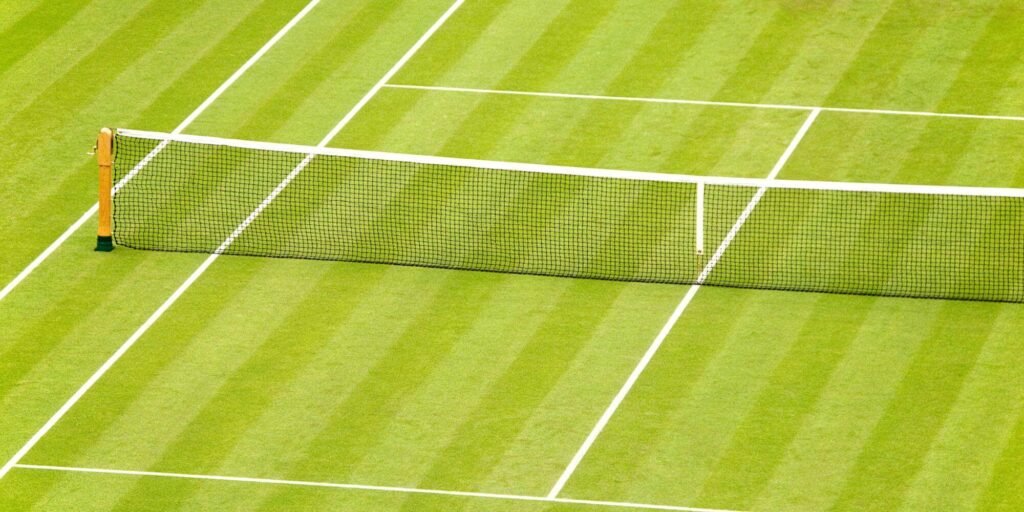Roger Federer manages his time during a busy tournament schedule by being very selective about which tournaments he participates in. He focuses on long-term goals and prioritizes his schedule to ensure he can perform at his best while also taking care of his body. This means he often skips certain tournaments to avoid overexertion and maintain his physical health.
Federer believes in quality over quantity when it comes to training, especially as he has grown older. He emphasizes the importance of listening to his body and managing his schedule effectively to avoid injuries and maintain peak performance. For instance, he considers the impact of jet lag on his body and plans his travel accordingly to minimize its effects.
In addition to managing his physical training, Federer also prioritizes mental readiness. He uses techniques like deep breathing and mindfulness to stay calm under pressure, which helps him make better decisions during matches. This mental approach allows him to stay focused and composed, even in high-stakes situations.
Federer also values breaks and relaxation, recognizing that rest is crucial for rejuvenation and maintaining a high level of performance. He takes time off during the year to recharge and spend time with his family, which helps him stay motivated and fresh for upcoming tournaments. By balancing work and rest, Federer maintains his competitive edge while enjoying a long and successful career.
Overall, Federer’s time management strategy involves a combination of careful scheduling, physical care, mental preparation, and personal time, all of which contribute to his enduring success in tennis.
